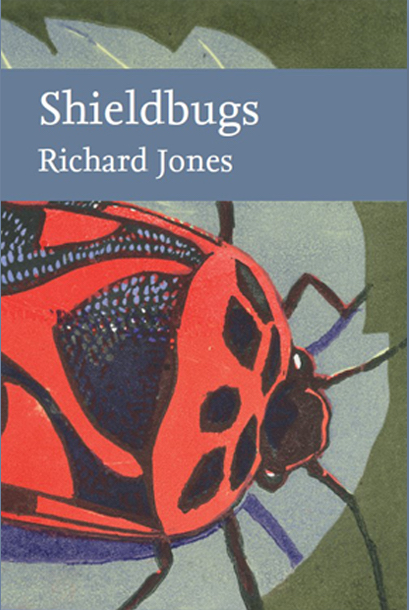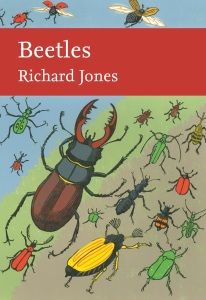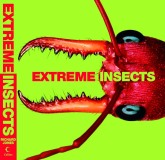This is the only euphemism I will allow myself.
When I worked in scientific publishing I spent some time editing out the word ‘sacrifice’ from manuscripts submitted to The British Journal of Experimental Pathology. The most famous article ever published in this respected and long-standing, but rather staid, journal was ‘On the antibacterial action of cultures of a penicillium, with special reference to their use in the isolation of B. influenzae‘ published in 1929, and written by one Alexander Fleming. It took a few years to register, but this is now seen as the seminal article that paved the way for the discovery, study, manufacture and widespread use of modern antibiotics.
By the early 1980s, much of the work published in the journal was on T-cells, ‘helper’ cells, ‘natural killer’ cells and various others, all types of lymphocyte (white blood cell) important in the body’s immune response. Living up to the experimental part of the journal’s name, the experiments were carried out in rats and mice, rather than in humans. Between the experimental disease development and the examination of the cells under the electron microscope (or in some biochemical analysis) there came the necessary procedure of quickly getting the cells out of the laboratory rodents.
It was at this point that many of the authors claimed to ‘sacrifice’ the experimental animals. Some even tried to suggest the animals were ‘immolated’. I was having none of this. The Incas (or was it the Aztecs?) sacrificed their unfortunate victims on the altars of pagan gods, cutting out hearts in unholy bloody rituals, by all accounts. Self-immolation is the protest suicide of many religious cultures, even in modern times, tolerated perhaps because of the cleansing, auto-cremation of the flames. Lab rats are neither sacrificed nor immolated in the name of some scientific pseudo-deity, they are simply killed. They are killed out of scientific necessity, or at least out of expediency, but they are killed, not sacrificed. Just as animals are killed for food, or because they are agricultural pests, or because they do us harm.
This was just around the time that antivivisection feelings were beginning to run rife. Words like ‘kill’, ‘death’, ‘slaughter’ were coyly avoided by some scientists, aware of the cultural weight these simple and previously convenient terms now carried.
Perhaps it was because I was an entomologist, so I was used to killing insects. I never sacrificed one at the communion table of entomology, and I never immolated any either.
I subedited the journal for a year or so. During that time I doubt anyone (certainly not the editors, and probably not even the authors themselves) noticed my attempts to cleanse their research papers of this particular euphemism. The next subeditor more than likely turned a blind eye to these particular turns of phrase. We all have our foibles. Abhorrence of euphemisms is mine.
Except….
When caught short, out in the wilds, obeying the call of nature is sometimes a necessary function. Two functions, perhaps. It can, on occasion, add several species of Scarabaeidae to a site species list, but on no account should the records give, as they did in several early 20th century beetle lists, ‘in stercore humano’.

























Magnificent! So envious.
Congrats on the Ward’s Trogon – stunning.